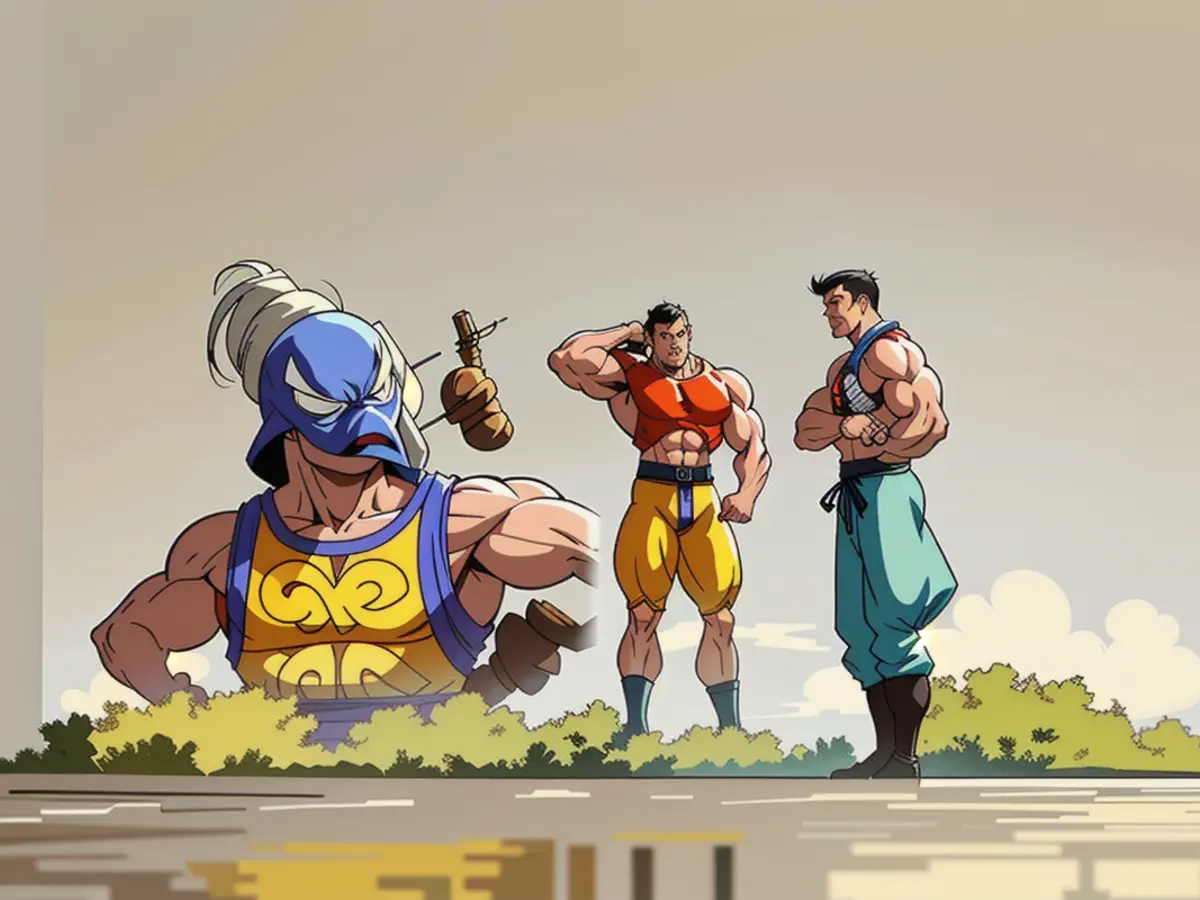Neglect of Healthcare for Vulnerable Populations Under Trump Presidency's Policies
A Bold New Era of Health Inequality
The spotlight's been on tariffs and trade wars lately, but let's not forget the grave health consequences looming due to some of President Trump's executive orders. These orders target health policies and global health initiatives, impacting the most vulnerable among us. Here's a glimpse into how these policy shifts will hurt the underprivileged in America and around the world.
Impoverished Populations in Low-Income Nations
In a controversial move, the Trump administration has slashed 83% of USAID's foreign aid contracts, equating to billions of dollars once dedicated to combating infectious diseases such as malaria, a major killer in many African countries. Although a humanitarian waiver allows malaria medicines to reach those in need, many crucial contracts have been terminated, and insecticide-treated bed nets that prevent malaria haven't made it to the poorest countries like Uganda and Nigeria. Malaria-endemic nations, such as these, are the hardest hit.
Malaria No More's new modeling suggests that a year of disrupted malaria medication access would result in 15 million additional malaria cases and 107,000 additional deaths worldwide, with most deaths occurring in low-income countries in Africa. These unnecessary deaths are preventable with American aid.
Tuberculosis, which killed 1.25 million people globally in 2023 (according to the World Health Organization), also faces difficult times. USAID funded up to $250 million for TB programs in 24 countries, mainly those burdened with disease in Africa, but funding cuts have disrupted supply chains and laboratory services, making TB identification, monitoring, and treatment challenging. As a result, about 3,600 TB-related deaths have occurred, and 6,400 new cases have been diagnosed since the USAID funding cut. Most of these cases and deaths could have been avoided with continued aid.
Marginalized Communities in America
In a questionable executive order, President Trump has disbanded the Health Equity Advisory Committee for Medicare and Medicaid Services, which aims to spotlight and remove barriers in healthcare access for marginalized communities, including people of color and those residing in rural areas. Without this committee, healthcare disparities could intensify, particularly among people of color.
Lower-Income Americans and Those with Disabilities
Medicaid, the primary health insurance program serving over 70 million Americans, continues to face uncertainty, as Congressional Republicans consider trimming costs. Possible cuts totaling trillions of dollars may be achieved by capping spending per enrollee or implementing work requirements for each beneficiary. If these measures are enacted, millions of Americans may lose access to Medicaid, flaring up health disparities among the country's most vulnerable.
Martin Luther King once said, "Injustice in health is the most shocking and inhumane form of inequality." Let's keep this in mind as we navigate our evolving political landscape.
- The Trump administration's decision to cut USAID funding by 83%, equating to billions of dollars, will negatively impact health equity in low-income nations, as it has disrupted malaria medication access and terminated crucial contracts for malaria prevention tools like insecticide-treated bed nets, leading to an estimated 15 million additional malaria cases and 107,000 additional deaths worldwide.
- The disbanding of the Health Equity Advisory Committee for Medicare and Medicaid Services by President Trump could exacerbate healthcare disparities in marginalized communities, particularly among people of color, as this committee aimed to highlight and remove barriers in healthcare access for these groups.
- Potential Medicaid cuts, totaling trillions of dollars, could lead to millions of Americans losing access to healthcare, widening health disparities among lower-income Americans and those with disabilities. This situation mirrors Martin Luther King's statement that injustice in health is the most shocking and inhumane form of inequality.





